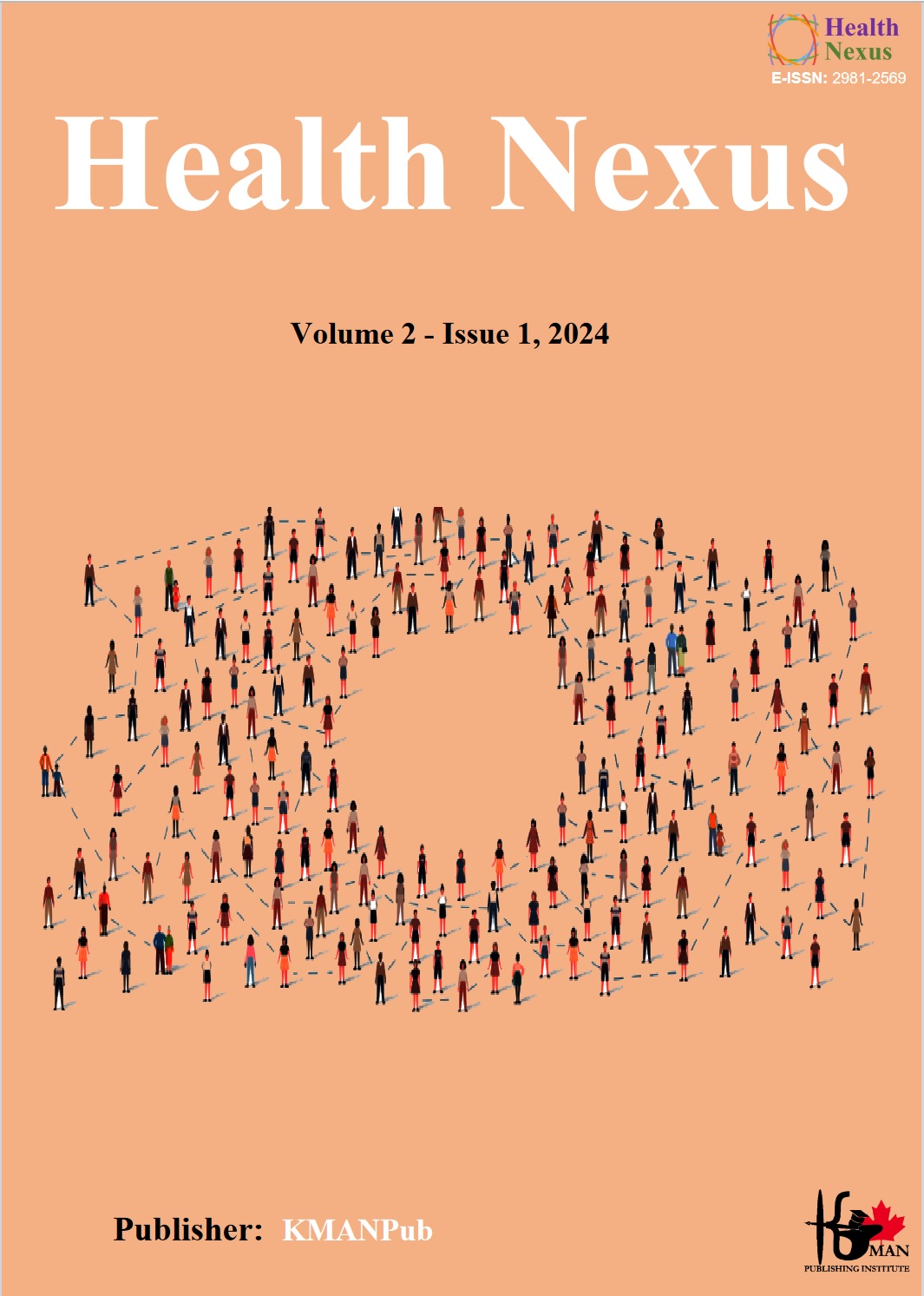Psychological and Social Factors Influencing Eating Behaviors in College Athletes
Keywords:
College athletes, Eating behaviors, Psychological factors, Social influences, Nutritional knowledge, Qualitative researchAbstract
Eating behaviors among college athletes are influenced by a complex interplay of psychological, social, and nutritional factors, which can significantly impact their health and performance. This study aims to elucidate these multifaceted influences, providing a deeper understanding of the factors that shape eating behaviors in collegiate sports environments. This qualitative study involved semi-structured interviews with 30 collegiate athletes from various sports disciplines across several universities. Theoretical saturation guided the data collection process until no new themes emerged. Data were transcribed verbatim and analyzed using NVivo software to conduct thematic analysis, focusing on identifying patterns related to psychological drivers, social influences, and nutritional knowledge. Three main themes were identified: Psychological Drivers, Social Influences, and Nutritional Knowledge. Psychological Drivers included Emotional Eating, Dietary Attitudes, and Motivation to Eat Well. Social Influences encompassed Peer Dynamics, Family Influence, Coaching Guidance, and Social Media Impact. Nutritional Knowledge was characterized by Understanding of Nutrition, Sources of Information, and Dietary Planning. Each theme and its categories were supported by specific concepts illustrating the complex and interconnected factors influencing athletes' eating behaviors. The study highlighted the significant role of psychological and social factors alongside nutritional knowledge in shaping the eating behaviors of college athletes. Interventions aimed at improving athletes' eating behaviors should consider these dimensions to effectively support athletes in managing their dietary habits in a way that promotes both optimal performance and general well-being.
Downloads
References
1. Silva L, Gomes AR, Martins C. Psychological Factors
Related to Eating Disordered Behaviors: A Study With Portuguese
Athletes. The Spanish Journal of Psychology. 2011.
2. Sundgot‐Borgen J, Torstveit MK. Aspects of Disordered
Eating Continuum in Elite High‐intensity Sports. Scandinavian
Journal of Medicine and Science in Sports. 2010.
3. Jiang S, Ramôa C. The Prevalence of Eating Disorders in
Female Aesthetic Athletes. Journal of Student Research. 2022.
4. Scott CL, Haycraft E, Plateau CR. Teammate Influences
and Relationship Quality Are Associated With Eating and Exercise
Psychopathology in Athletes. Appetite. 2019.
5. Scott CL, Haycraft E, Plateau CR. A Prospective Study
of Teammate Factors on Athletes’ Well-Being, Disordered Eating,
and Compulsive Exercise. Sport Exercise and Performance
Psychology. 2022.
6. Reifsteck EJ, Brooks DD, Newton JD, Shriver LH.
Promoting a Healthy Post-Collegiate Lifestyle: An Evaluation of
the Moving On! Transition Program for Student-Athletes. Journal
of Higher Education Athletics & Innovation. 2018.
7. Clermont C, Paquette L, Lalande D, Dion J. Self‐
determination, Restrictive Eating, and Psychological Needs:
Challenges for Young Athletes. Brain and Behavior. 2022.
8. Lai IJ, Chang LC, Lee CK, Liao L-L. Nutrition Literacy
Mediates the Relationships Between Multi-Level Factors and
College Students’ Healthy Eating Behavior: Evidence From a
Cross-Sectional Study. Nutrients. 2021.
9. Fu T, Wang J, Xu S, Yu J, Sun G. Media Internalized
Pressure and Restrained Eating Behavior in College Students: The
Multiple Mediating Effects of Body Esteem and Social Physique
Anxiety. Frontiers in Psychology. 2022.
10. Karpinski C, Milliner K. Assessing Intentions to Eat a
Healthful Diet Among National Collegiate Athletic Association
Division II Collegiate Athletes. Journal of Athletic Training. 2016.
11. Trigueros R, Mercader I, González-Bernal JJ, González‐
Santos J, Navarro-Gómez N, Soto-Cámara R. The Influence of the
Trainer’s Social Behaviors on the Resilience, Anxiety, Stress,
Depression and Eating Habits of Athletes. Nutrients. 2020.
12. Francisco R, Narciso I, Alarcão M. Individual and
Relational Risk Factors for the Development of Eating Disorders in
Adolescent Aesthetic Athletes and General Adolescents. Eating
and Weight Disorders - Studies on Anorexia Bulimia and Obesity.
2013.
13. Schaal K, Tafflet M, Nassif H, Thibault V, Pichard C,
Alcotte M, et al. Psychological Balance in High Level Athletes:
Gender-Based Differences and Sport-Specific Patterns. Plos One.
2011.
14. Rudd NA, Carter J. Building Positive Body Image
Among College Athletes: A Socially Responsible Approach.
Clothing and Textiles Research Journal. 2006.
Downloads
Additional Files
Published
Issue
Section
Categories
License
Copyright (c) 2024 Sefa Bulut, Mehdi Rostami, Jamel Hajji, Sergii Boltivets, Nadereh Saadati, Jiantang Yang, Maura McDonnell, Chidinma Chikwe, Erwin A. William (Author)

This work is licensed under a Creative Commons Attribution-NonCommercial 4.0 International License.
















